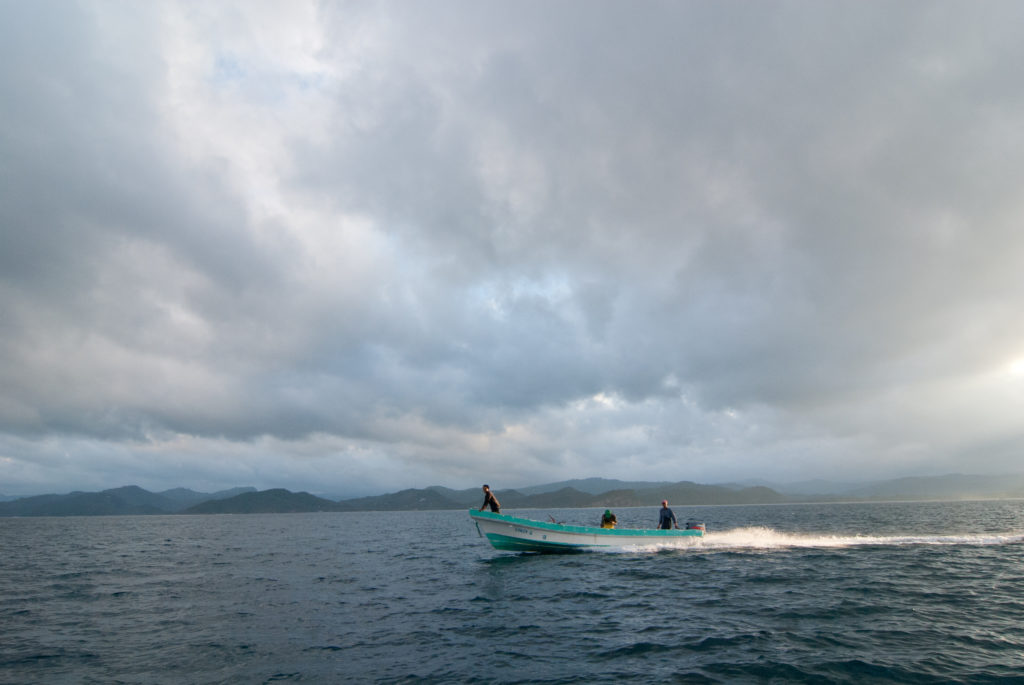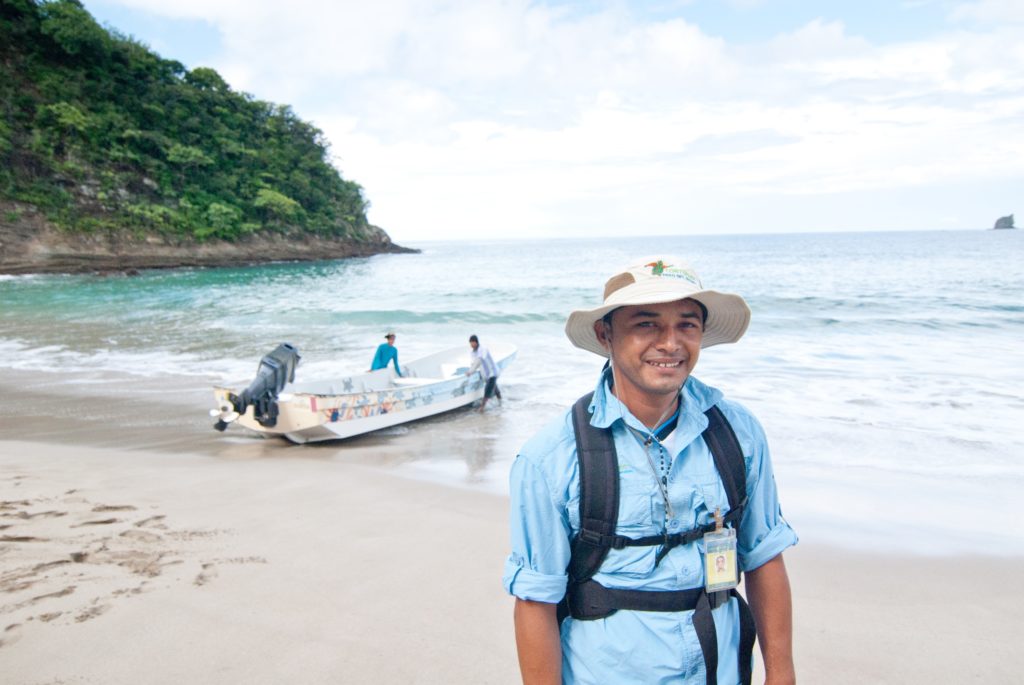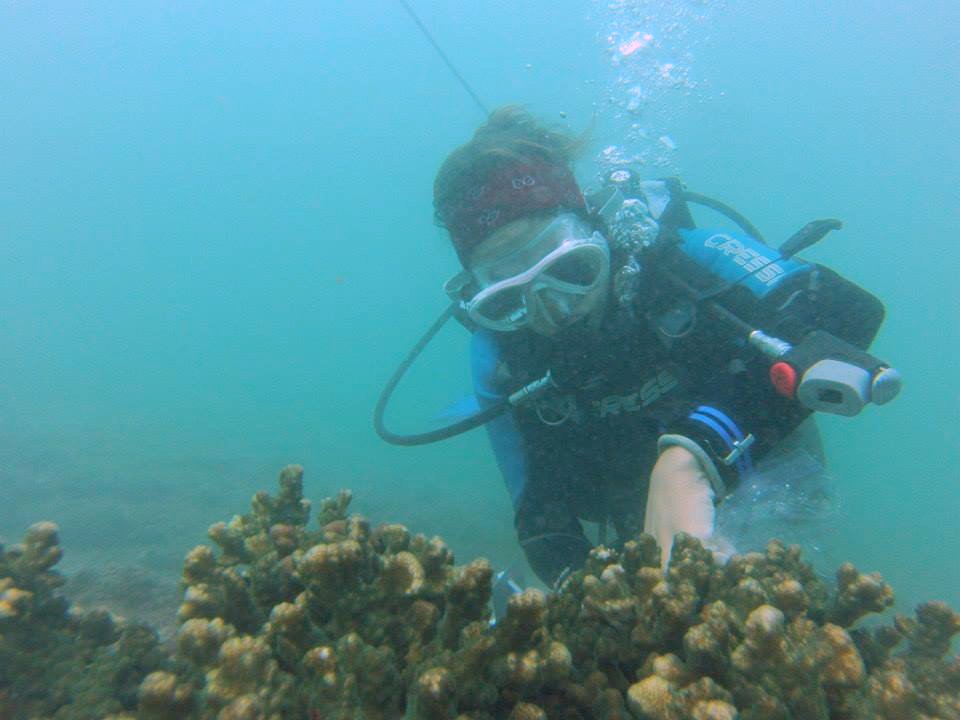Overfishing occurs when more fish are caught than the population can reproduce. This causes a huge negative effect on the biodiversity of ocean animals. According to World Wildlife Fund(WWF) over the past 40 years, 39% of marine species have decreased. In addition, ocean pollution caused by liquid spills and other objects littered into the ocean has threatened the ocean’s ecosystem. This has caused the endangerment of the green sea turtle, oysters, and other marine life in the Paso Del Istmo.

In an effort to combat detrimental effects to Nicaragua’s ocean life, Paso Pacifico has partnered with PRETOMA, Oceans5 and Fauna and Flora International(FFI) who have conducted programs for fishermen in order to curb destructive fishing practices. These programs provide net, line, and dive fishermen with a forum to learn about sustainable fishing, rescuing turtles caught in their gear, and obtaining the safety skills for the marine licenses required by law. This commitment to protect the communities’ wildlife and nature, has proven to be successful by the communities efforts of reporting illegal activity and participating in sustainable fishing.

With the purpose of building a base for long-term protection of reefs and turtle habitats, our marine-monitoring program has helped lay the groundwork to strengthen and expand the La Flor Wildlife Refuge’s marine areas. In 2012, Paso Pacifico established reef life surveys and three years of reef life monitoring. Surveys were carried out in a period of five years and have established important baseline data for marine habitats in our part of the Eastern Pacific. This area provides a habitat for animals such as juvenile hawksbill sea turtles and overwintering humpback whales and displays the greatest diversity of soft corals and echinoderms found along the nearshore of Central America’s Eastern Pacific.

One solution for the challenges posed by overfishing is by creating aquacultures. We are currently supporting oyster aquaculture in Nicaragua that you can read more about here.
By donating today you can help the protection of marine ecosystems!
 English
English Español
Español